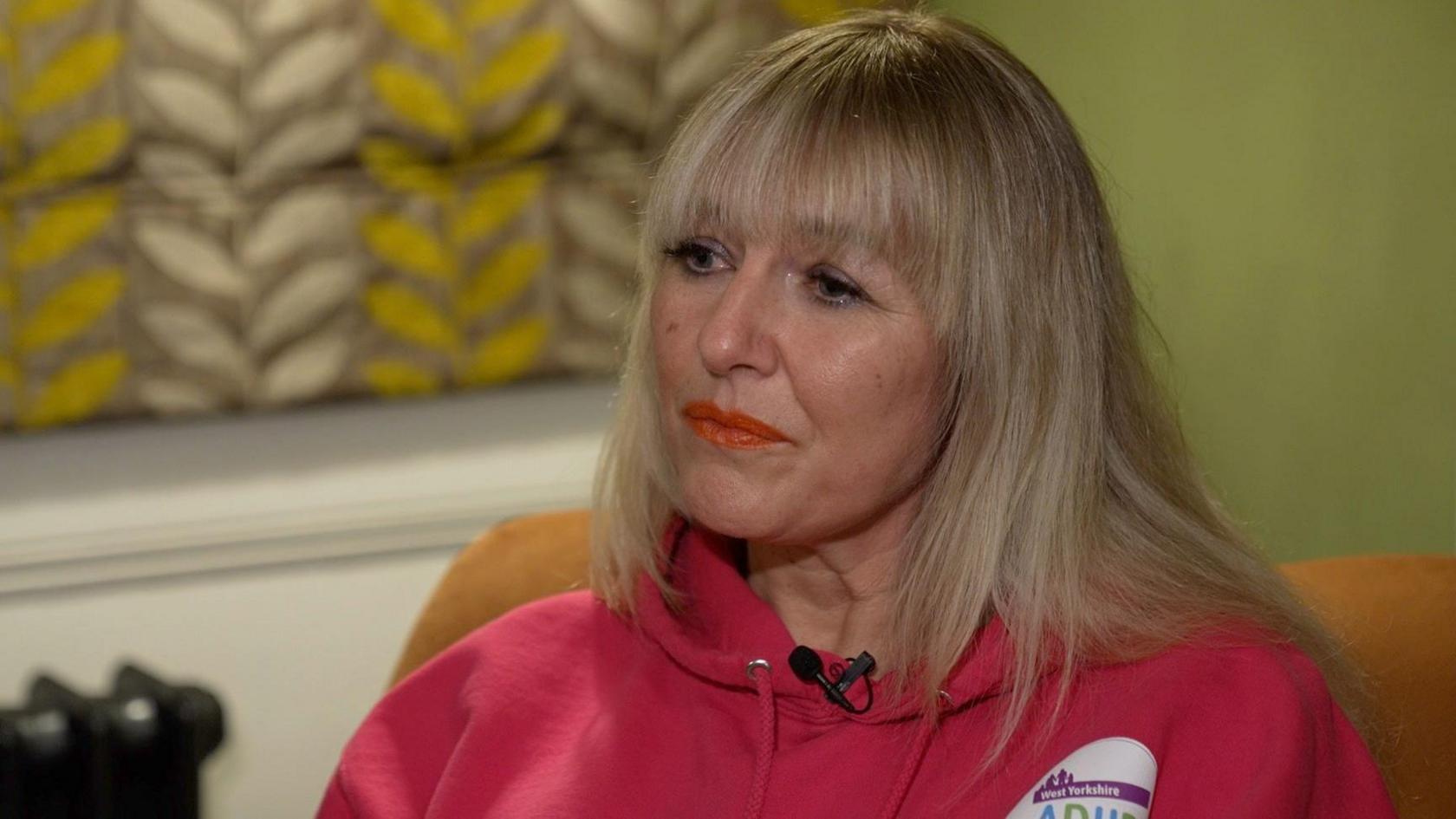Charity announces more autism employment support
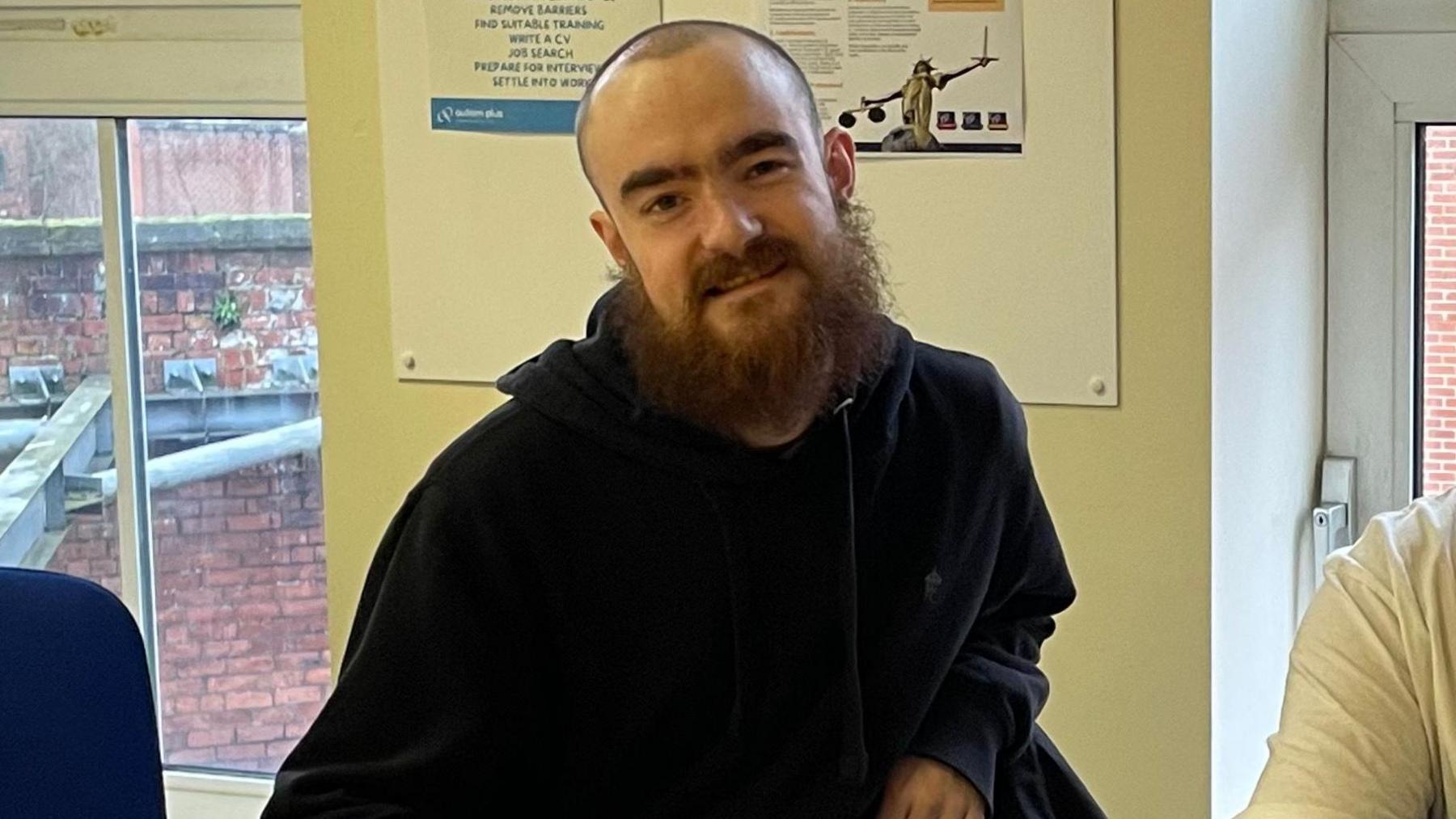
Max Holwell, 24, is one of those accessing support through the programme
- Published
A charity for adults and young people with autism has announced more availability for its employment support programme in Sheffield.
The Autism Plus SEND Youth Hub Programme is one of only two of its kind in the UK and helps participants progress towards education, volunteering, or employment.
It has been fully funded until April by Sheffield City Council and the Department for Work and Pensions.
Participant Max Holwell said the scheme had helped improve his confidence and mental health.
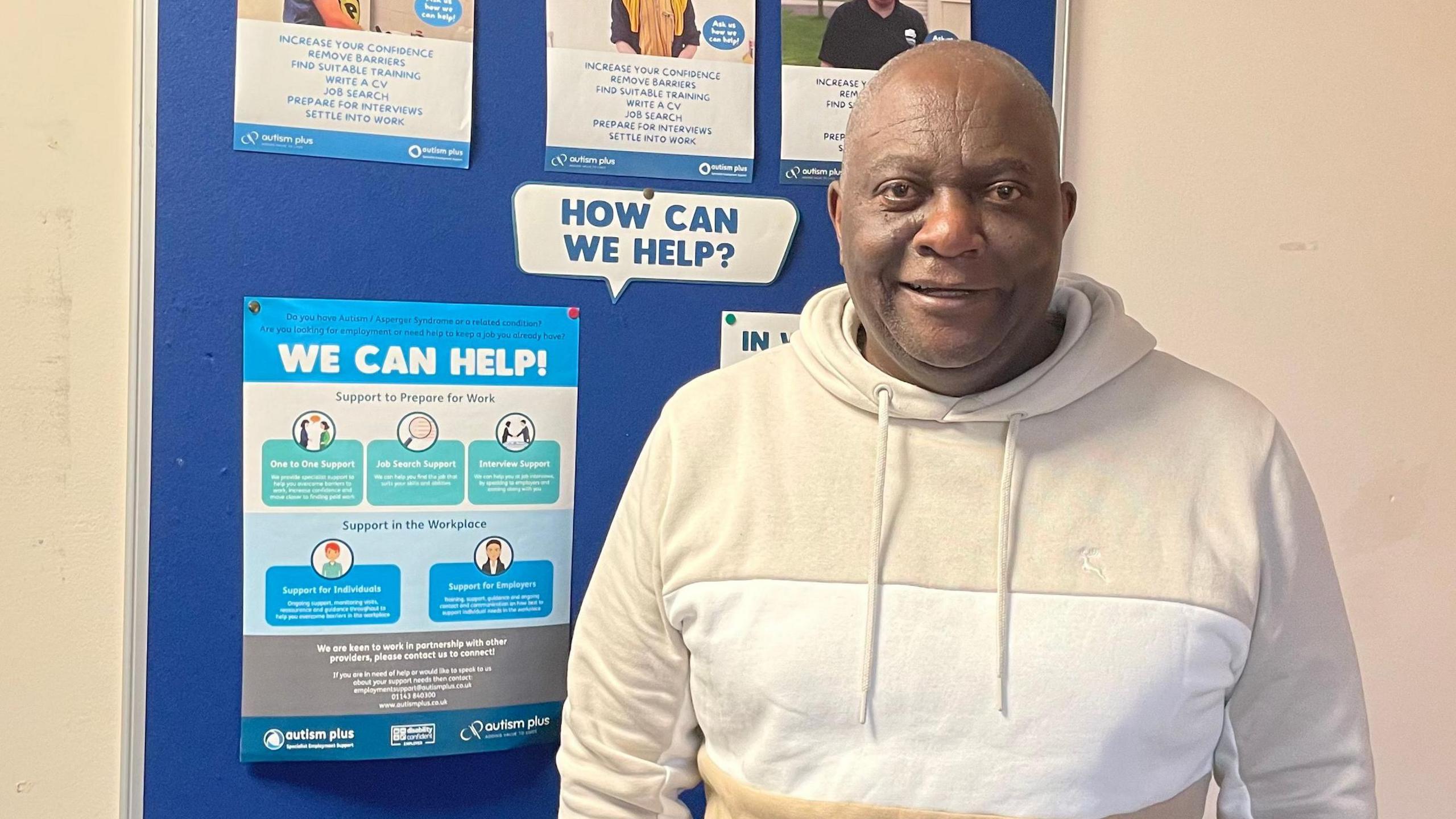
Christopher Nyabezi said he had seen participants transform during the course
The 24-year-old, who has a bachelor's degree in mathematics, said he had struggled to find work since graduating because of his autism and ADHD.
"Autistic people like myself, we feel quite alienated in the world of work," he said.
He said he struggled with organisational skills and time-management but could "overcome those barriers with effective support measures".
However, he said there were still systemic barriers.
"Society at large doesn't care to understand the experiences of neurodivergent people," he said.
"The world of work and other aspects of it are designed by and for neurotypical people."
He is still looking for a job but said he felt the Youth Hub Programme was putting the "right support in place".
Autism Plus SEND Youth Hub Programme is one of only two of its kind in the UK
Employment coach Christopher Nyabezi said it was "such a joy" to see young people's development throughout the programme.
He said he remembered one young man who had initially attended sessions with his mum, who would speak on his behalf.
He said they had worked on improving his confidence and communication skill and, midway through the course, he agreed to start volunteering with a local charity.
"I remember his dad saying they never anticipated it happening to their son - it was so thrilling," Mr Nyabezi said.
"I actually went to where he was doing the voluntary work to check on him, and he was a totally different person altogether."
He said that it was important for employers to recognise the individual needs of those with autism.
"Reasonable adjustments are not massive things we expect them to do, but small things can make the huge difference," he said.
He also highlighted that those with autism can possess skills that can be beneficial in the workplace, such as increased focus.
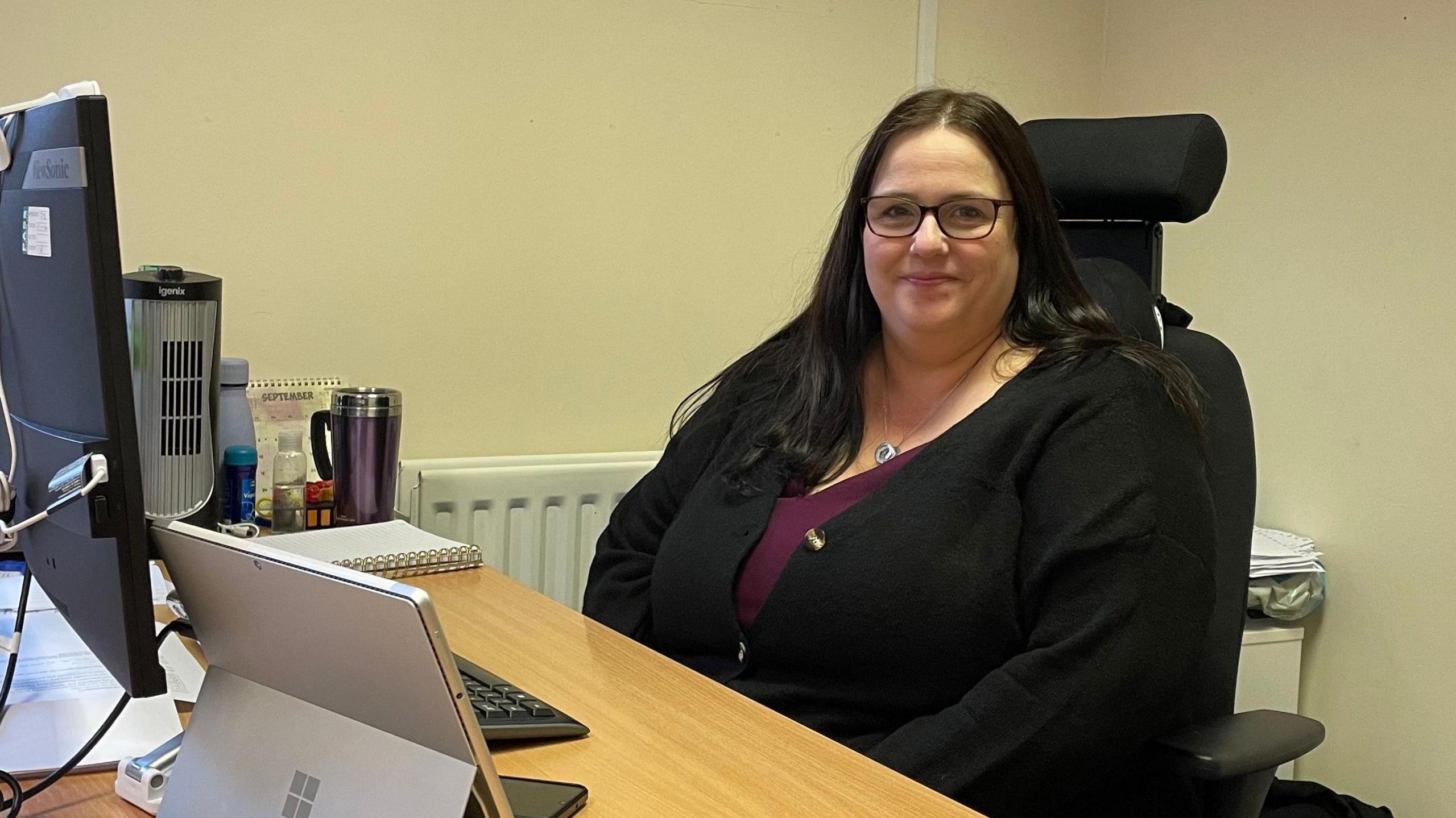
Sue Eusman said the programme had been successful so far
Head of Employment Services Sue Eusman said they were having a high level of success with the programme, citing one attendee who had told her: "Not only would I not be in my job if it wasn't for you, I might not be here full stop.'"
She added: "We don't measure our progression by the number of jobs we get, we measure our progression by the difference it makes to the person, and how different they feel about themselves."
Listen to highlights from South Yorkshire on BBC Sounds, catch up with the latest episode of Look North or tell us a story you think we should be covering here., external
More stories like this
- Published29 December 2024
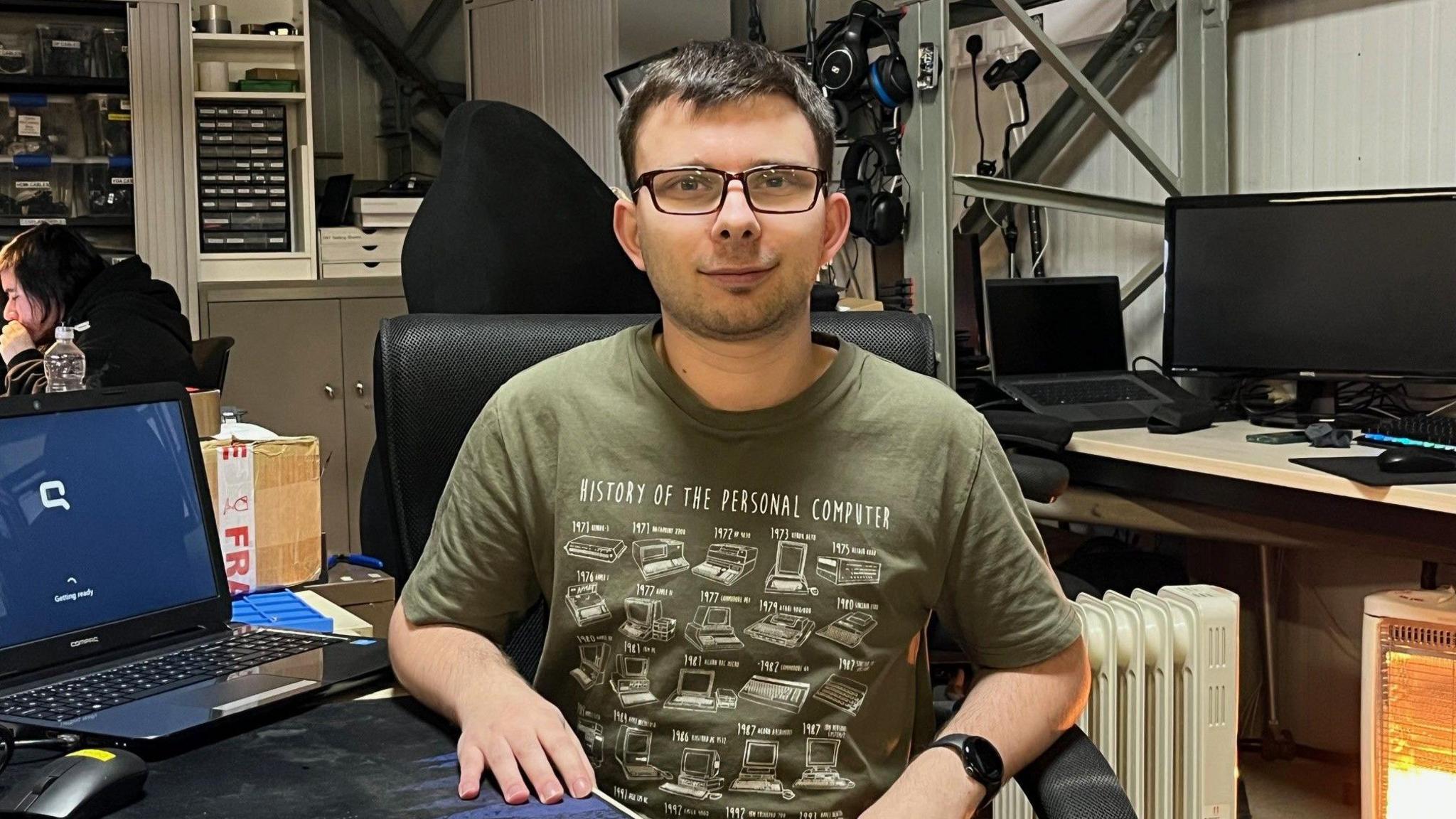
- Published14 January
